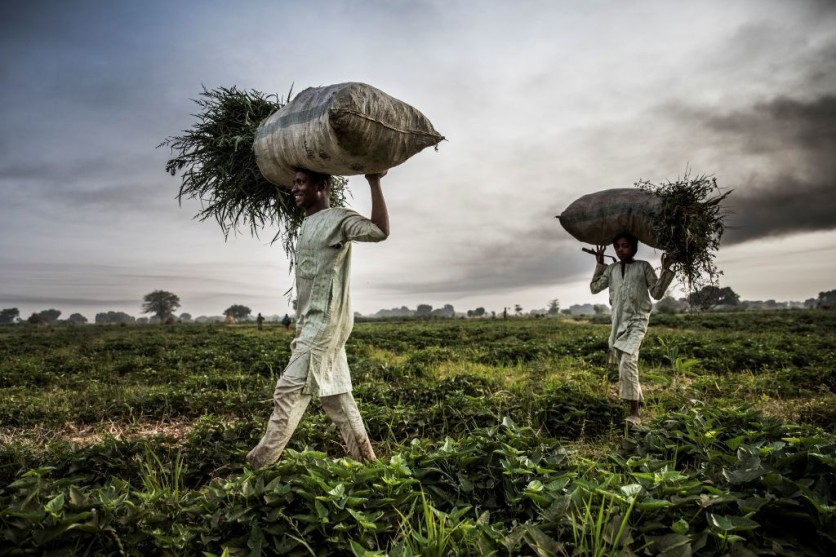A professor in Nigeria is advocating for the use of digital technology to help the country's struggling farmers cope with climate change.

Addressing the Vulnerability of Farmers in Nigeria
The agricultural sector in Nigeria has grappled with many challenges, further exacerbated by climate change, erratic rainfall, soil erosion, outbreaks of pests and diseases, and security concerns like farmer-herder conflicts. These hardships have left farmers, particularly those in remote rural areas, in a precarious position, noted the academic.
In a recent interview with Vanguard, professor Adewale Dipeolu of the Federal University of Agriculture in Abeokuta, Nigeria, emphasized the pivotal role of digital innovation in ensuring the resilience of agricultural practices, especially in the remote regions most severely impacted by climate change.
According to Interesting Engineering, this focused on examining the findings from research conducted in Imo, Ogun, and Kwara States, aimed to assess farmers' awareness of digital solutions for climate change, understand the challenges they face due to climate change, and evaluate the affordability of these digital tools for farmers.
The ultimate goal is to develop a mobile app that will assist struggling farmers in Nigeria in implementing digital solutions to improve crop yields and enhance local food production.
Read Also : Environmentally Friendly Farming: Farmers Utilize Selective Breeding to Reduce Methane Emissions in Cows
Digital Agriculture
Digital agriculture encompasses a wide range of technologies and tools that optimize various aspects of farming, Vanguard reported.
One example is precision field mapping, made possible by GPS and satellite technology advancements, enabling farmers to accurately define field boundaries and analyze soil variations critical to their agricultural practices.
At the same time, various digital sensors gather data about things like how damp the soil is, its temperature, humidity, and the nutrients it has.
This info helps farmers know what is happening in their fields and make smart choices for healthier, weather-resistant crops. Drones with cameras can also take detailed pictures, which is helpful for keeping an eye on the crops and spotting any diseases early on.
Artificial intelligence and machine learning algorithms can process vast datasets, offering valuable insights into efficient crop management. These tools predict crop yields, detect disease outbreaks, and recommend optimal planting and harvesting times.
Moreover, the integration of robotics is becoming more prevalent in tasks like weeding, planting, and harvesting. It improves labor productivity and reduces the reliance on manual labor, which may not always be practical or efficient.
These are just a few instances of digital farming technologies in action. Adopting digital agricultural technologies can enhance farming efficiency, resource utilization, and sustainability, ultimately leading to higher crop yields to feed a growing population.
In a similar report, a California-based installation company called Sustall introduced its innovative vertical solar system called Sunzaun. This system is tailored for farms, making it ideal for agricultural use.
Sunzaun brings together farming and the generation of clean electricity in a single location, allowing farmers to harness solar energy effectively.
Related Article : Sunstall Launches Vertical Solar System for Farms, Agricultural Settings

ⓒ 2026 TECHTIMES.com All rights reserved. Do not reproduce without permission.




